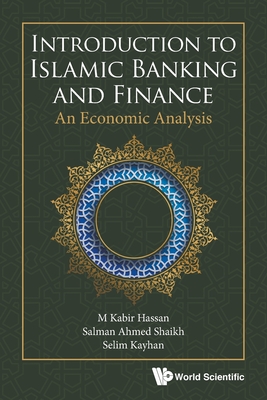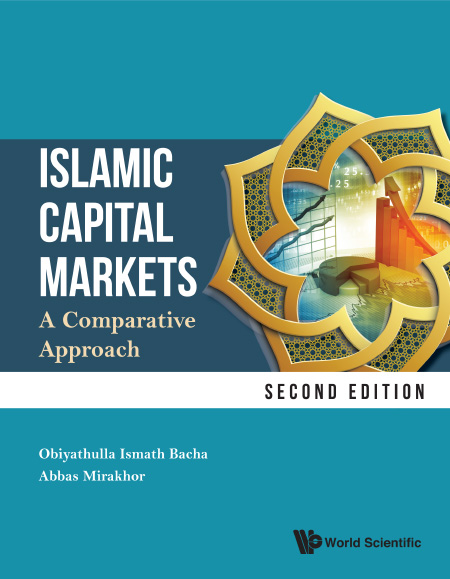"Understanding Muslim Loans: A Comprehensive Guide to Islamic Financing Options"
Guide or Summary:Muslim LoansTypes of Muslim LoansBenefits of Muslim LoansHow to Access Muslim Loans---Muslim LoansMuslim loans, also known as Islamic finan……
Guide or Summary:
---
Muslim Loans
Muslim loans, also known as Islamic financing, are financial products that comply with Islamic law (Sharia). Unlike conventional loans that typically involve interest (riba), which is prohibited in Islam, Muslim loans are structured in a way that adheres to Islamic principles. This guide aims to provide a detailed understanding of Muslim loans, their types, benefits, and how they can be utilized by individuals and businesses seeking financial assistance in a manner consistent with their faith.
Types of Muslim Loans
There are several types of Muslim loans available, each designed to meet different financial needs while adhering to Sharia principles. Some of the most common types include:
1. **Murabaha**: This is a cost-plus financing structure where the lender buys a product and sells it to the borrower at a marked-up price. The borrower pays this price in installments, and there is no interest charged.
2. **Ijara**: Similar to leasing, Ijara allows the borrower to use an asset (like property or equipment) for a specified period while making rental payments. At the end of the term, the borrower may have the option to purchase the asset.
3. **Mudarabah**: This is a profit-sharing agreement where one party provides the capital while the other provides expertise and management. Profits are shared according to a pre-agreed ratio, while losses are borne by the capital provider.

4. **Musharakah**: In this partnership model, all parties contribute capital and share profits and losses according to their investment ratios. This type of financing is often used in real estate and business ventures.
Benefits of Muslim Loans
Muslim loans offer several advantages for individuals and businesses looking for financing solutions that align with their Islamic values:
- **Compliance with Sharia**: The primary benefit is that these loans are structured to comply with Islamic law, providing peace of mind for Muslim borrowers.
- **No Interest Payments**: Since Muslim loans do not involve interest, borrowers can avoid the financial burden and ethical concerns associated with conventional loans.
- **Flexible Structures**: The various types of Muslim loans offer flexibility to meet different financial needs, whether for personal use, business expansion, or purchasing property.

- **Community Support**: Many Islamic financial institutions focus on supporting their communities, which can lead to better customer service and a commitment to ethical practices.
How to Access Muslim Loans
Accessing Muslim loans typically involves the following steps:
1. **Research**: Start by researching Islamic financial institutions in your area or online. Look for those that offer the type of financing you need.
2. **Consultation**: Schedule a consultation with a representative to discuss your financial needs and understand the available options.
3. **Documentation**: Prepare the necessary documentation, which may include proof of income, identification, and details about the asset or project you wish to finance.

4. **Application**: Submit your application along with the required documents. The lender will assess your eligibility based on their criteria.
5. **Approval and Agreement**: Once approved, review the financing agreement carefully, ensuring it aligns with your expectations and understanding of the terms.
Muslim loans provide a viable alternative for those seeking financial solutions that adhere to Islamic principles. By understanding the different types of Muslim loans available, their benefits, and the application process, individuals and businesses can make informed decisions that align with their values and financial goals. Whether you are looking to purchase a home, finance a business, or invest in an asset, exploring Muslim loans can open up new opportunities while ensuring compliance with your faith.